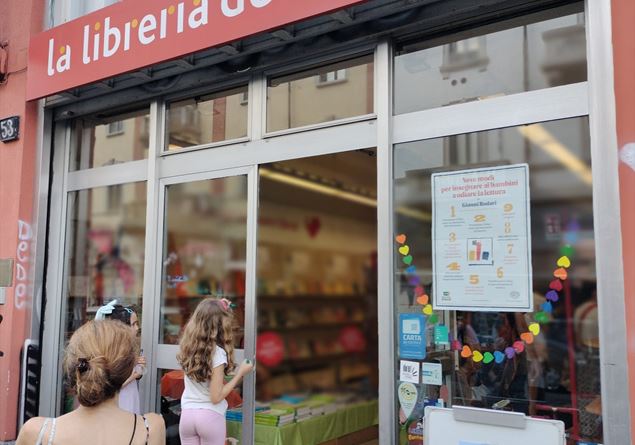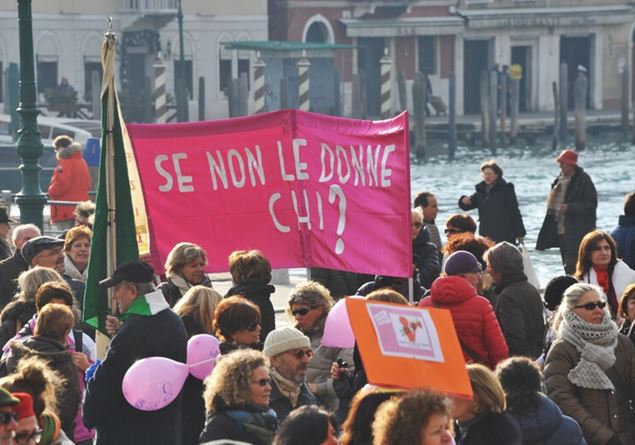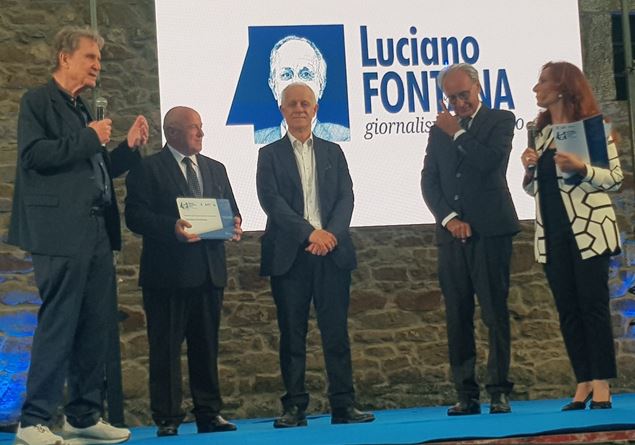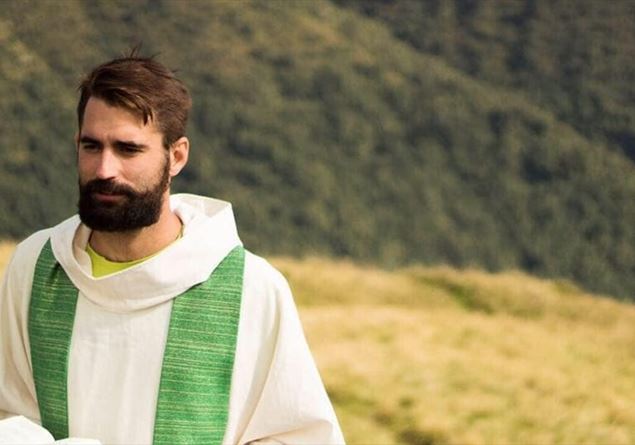Italy bad, but not very bad
Italy ranks 34th in the global rankingafter Spain, France and Germany. And although it is placed among countries with a “high implementation of human rights”, the disaggregated analysis reveals a less rosy reality: especially on the front of women’s rights, our country relegates, placing itself in the “moderate” implementation range, due to the worsening of economic opportunities, access to education and participation in decision -making processes. On the side of children’s rights, however, Italy records slight improvements linked mainly to health, while they worry human and economic capital, threatened by intergenerational poverty and educational inequalities.
The Nordic countries – Sweden, Iceland and Norway – are confirmed at the top of the rankingthanks to consolidated welfare systems and the centrality given to the rights of the most vulnerable bands. At the opposite extreme, the tail light is the Chad, followed by other Central and Western African countries. Contests such as Afghanistan, Lebanon and Palestine also arouse concern, marked by instability and conflicts that further worsen the conditions of women and children.
The thematic focus of the World Index 2024 is the right of the younger generations to have a future: a right that includes the possibility of living in a world that offers equal opportunities, sustainability and well -being. To tell it, Weworld wanted to listen to the rumors of those directly concerned: 10,000 boys, girls and adolescents between 10 and 18 years old, from 41 countries. Their testimonies paint a world in which poverty, unemployment and epidemics represent the main fears for the future. Among the answers, a paradox emerges: in medium-high income countries, young people are often more unhappy and uncertain than the peers of more disadvantaged contexts. Less happy, more anxious, less aware of one’s rights. As if material well -being is no longer enough to make sense of existence.
During the event, two short films were also screened to raise awareness of the rights of the childhood: one dedicated to Weworld’s commitment to Tanzania and an unpublished animated short short, Amalmade by Weworld with Factant and financed by Echo. The film tells the story of a Syrian girl who wakes up every morning to go to school, challenging the precariousness of her context. A powerful metaphor for resilience and hope, which represents millions of other children in the world.
“We wanted to amplify the voice of boys, girls and adolescents, still strongly underwent in the international summits” underlines decisively Dina TaddiaCEO of WEWORLD. “We often talk about them, in Italy and abroad, but you don’t listen to them enough.” Taddia highlights how active listening is a crucial point of change: “This is one of the major evidence of this year’s Edex. We hope that this participatory consultation can act as a forerunner for a future in which vulnerability, needs but also hopes of young people are finally listened toand in which boys and girls are put at the center of the action, not only of humanitarian organizations, but of the programs of the whole international community “.
The report also offers a cross -section on the concrete conditions experienced by children in the world. In Central and West Africa, almost one in three child does not go to school regularly. All over the world, one in ten works and one in seven with disabilities does not attend lessons. Food insecurity affects children with disabilities hard, further aggravating their disadvantage. And more than one in ten he declares that he does not feel happy. It also emerged that those who go to school and manage to eat regularly tends to be happier. There is therefore a direct link between guaranteed rights and emotional well -being.
From the point of view of awareness, the picture is no longer reassuring. Over a fifth of children has a weak perception of their rights. The boys, in particular, seem more disillusioned than girls. This gap is even more marked among those who come from families with low socio -economic status. In many cases, living in a context that promotes rights makes the difference: those who feel listened to and supported by adults develops greater self -awareness as the owner of rights.
Even in Italy things are not going better. One child in ten declares that they are not happy, and 6% already work. Almost one in five has a weak perception of their rights, and more than half complains that adults never ask for his opinion. The greatest concerns? Lack of water, wars and violence. More than one in four claims not to imagine their future in Italy. A fact that makes you think, especially in a country that often perceives itself as “advanced”.
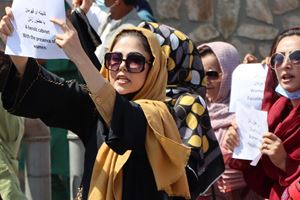
In this regard, Meg GardinierGeneral secretary of Childfund Alliance, invites to change paradigm: «Girls and boys are not simple recipients of help: they are active agents in shaping their future. Our challenge is now to break down the barriers that prevent their real inclusion in decision -making processes ». For Gardinier, this is not a symbolic gesture, but a right: «We must stop considering the participation of boys and girls as an ‘added value’ and start recognizing it as an non -negotiable right».
In the global survey, children were also asked what adults should do to guarantee them a better future. The responses converge on five main areas: to guarantee the right to education, protect against abuse and discrimination, listen to the opinions of young people, offer understanding and respect, and have adult figures capable of accompanying, supporting and guiding.
Five simple requests. Yet the mere fact that they are still needed says a lot about how much there is still to be done. Maybe really, as Dina Taddia recalls, “This is time to move from talking about children to listen to them ». Only in this way can we guarantee them not only a future, but a worthy present.

